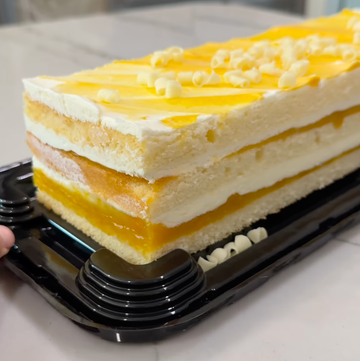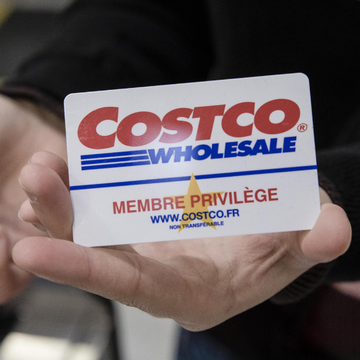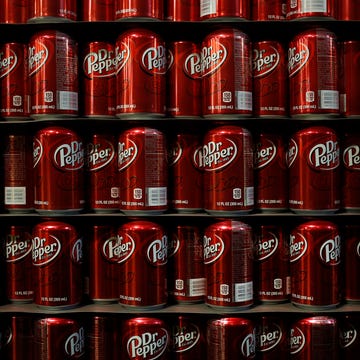When it comes to food, Easter is known for a few things. There's the ham, the chocolate bunnies, and, of course, the Easter eggs. Dyeing eggs is a popular activity, but you might be wondering whether the dyed eggs are safe to eat. You don't want to let that carton go to waste, especially with the price of eggs, but not all dyed eggs are safe to eat. Here's what you should know before you reach for one.
First, if you plan on eating your Easter eggs, make sure you use food-safe dye, like food coloring. Most store-bought kits are safe, but make sure to check for a food-safe label. You can also make your own natural dyes at home using ingredients you probably have in your kitchen.
Aside from the dye, the real issue comes down to how the eggs are stored. Once they're cooked, you should put them in the refrigerator within two hours and eat them within seven days, according to the United States Department of Agriculture (USDA). So if you're planning on leaving your dyed Easter eggs out on display as part of your Easter decor, you should not eat them.
The USDA also doesn't recommend using eggs for Easter egg hunts because they can crack and pick up bacteria. If you do use them, they should be washed and refrigerated within two hours. Michigan State University Extension recommends having one set of eggs for decoration (to be discarded) and another set kept in the refrigerator to be eaten.
If you do decide to eat those hard-boiled eggs, we have some recipe ideas to put them to good use. Deviled eggs make a great Easter appetizer, egg salad makes for an easy lunch, and you can always chop them up and sprinkle them into a Cobb salad.













